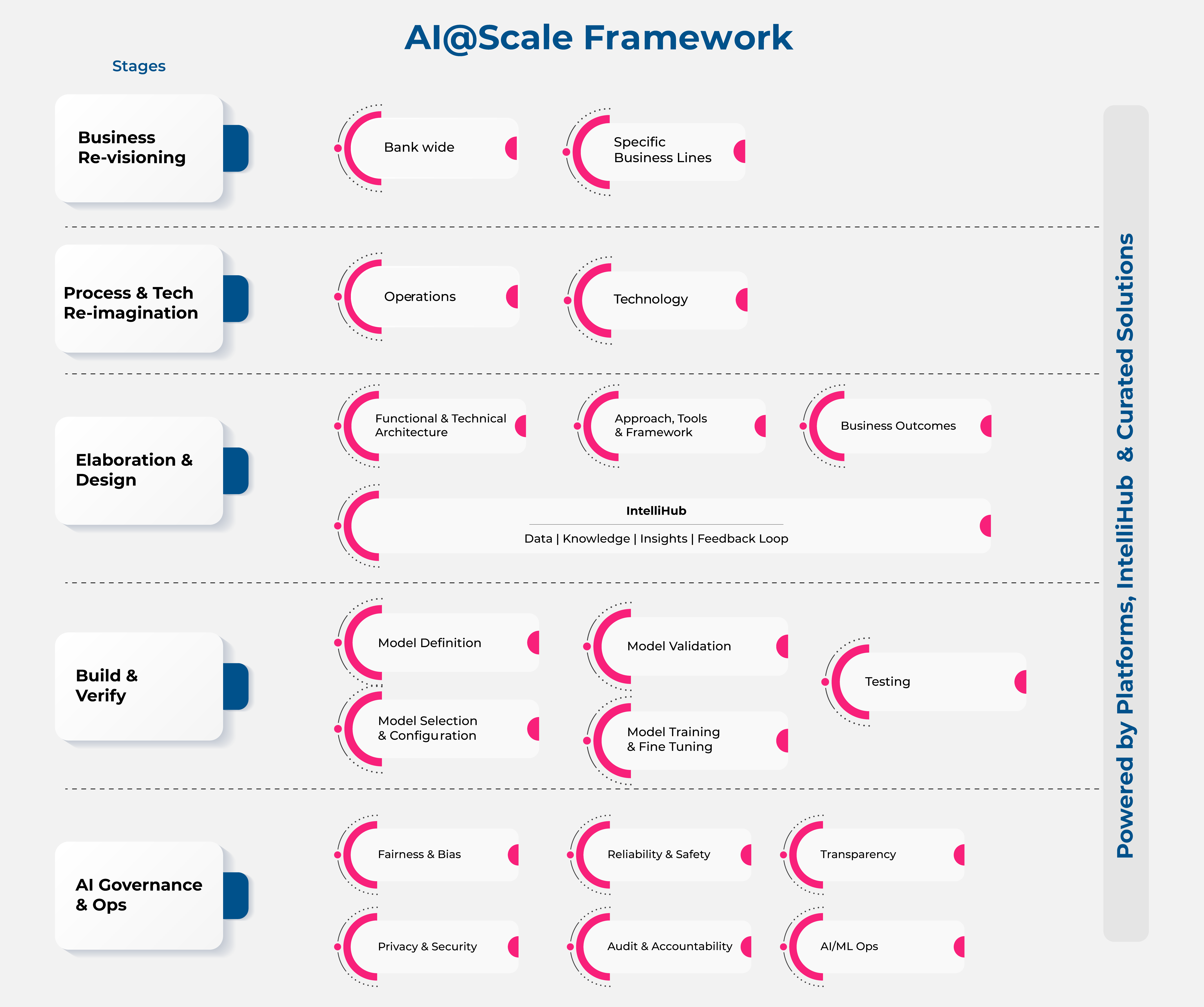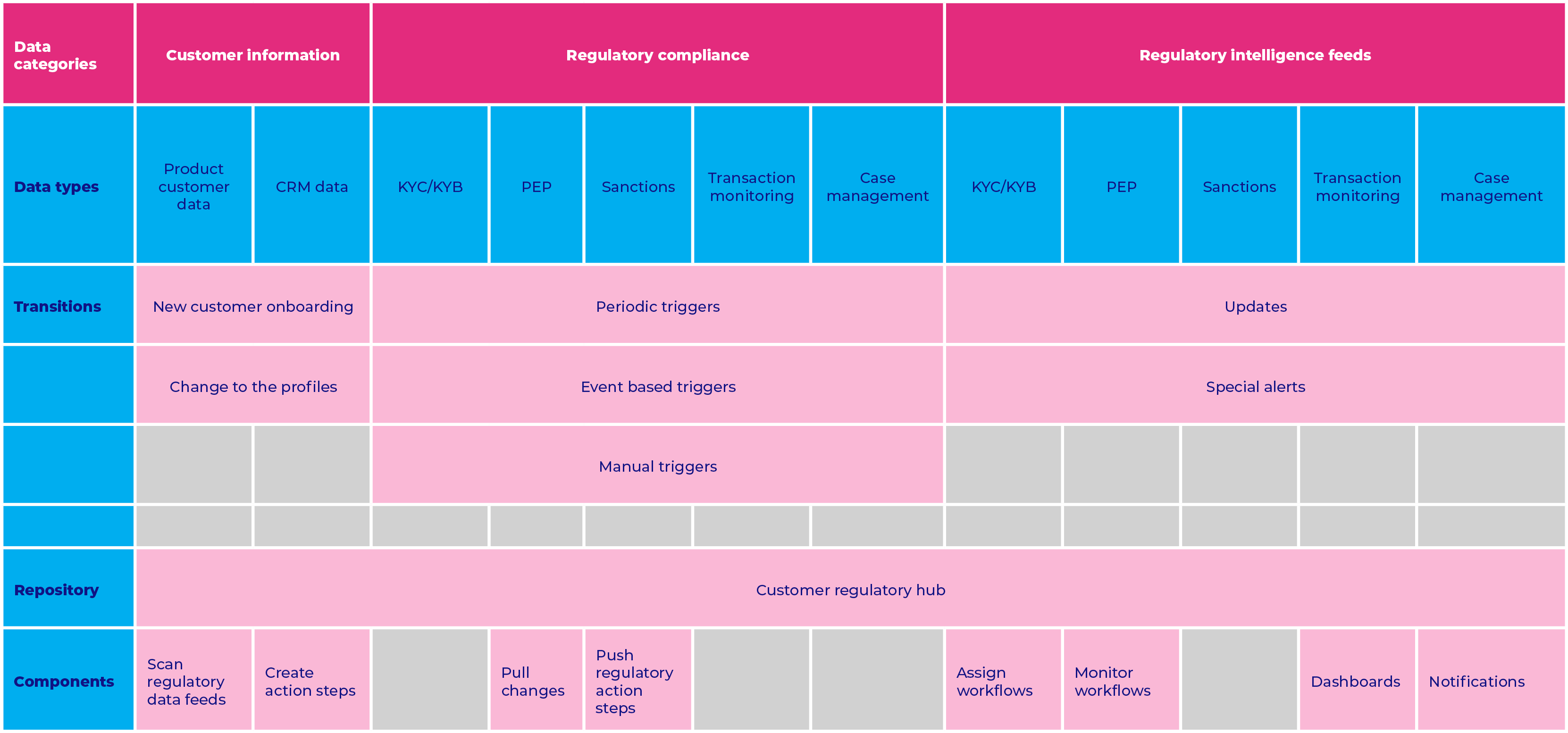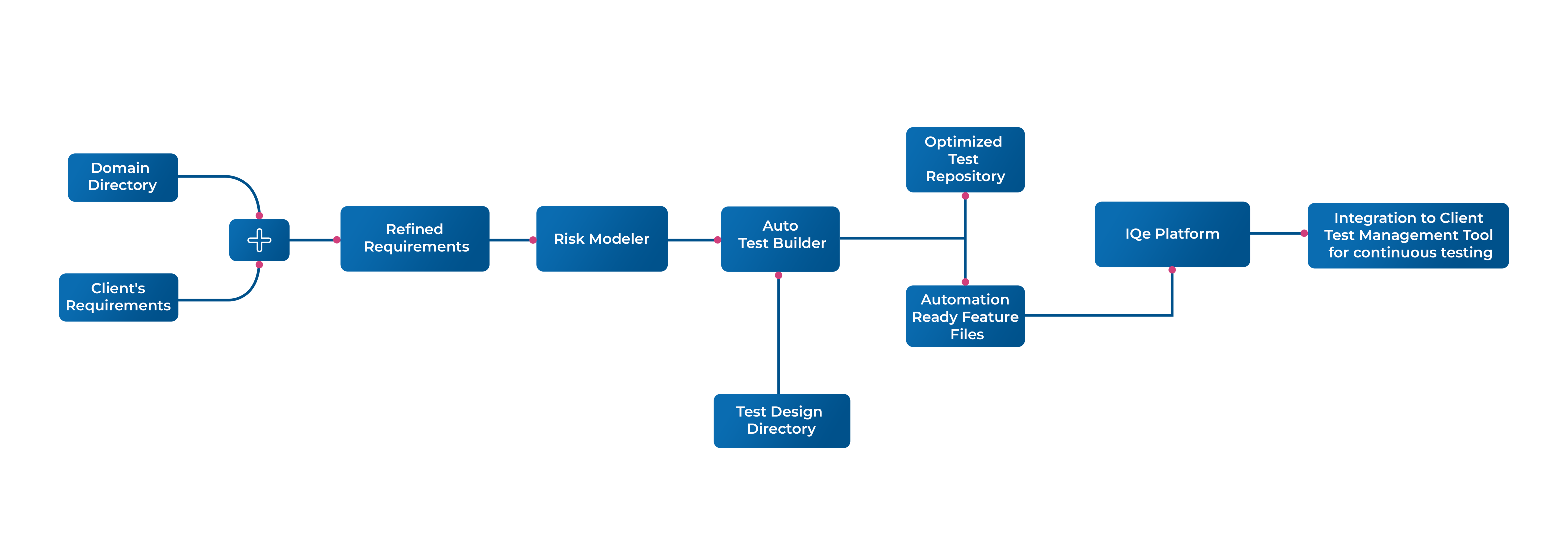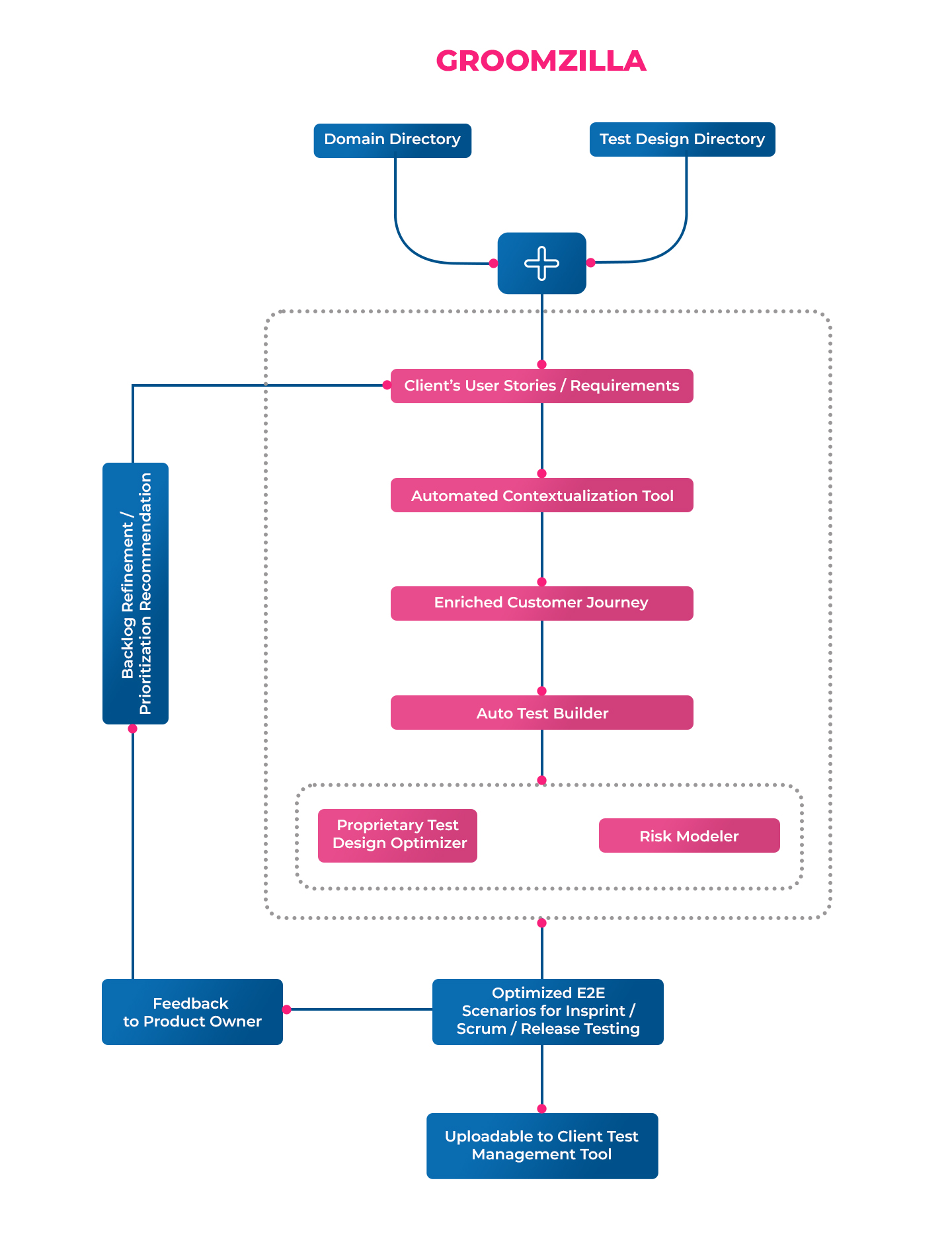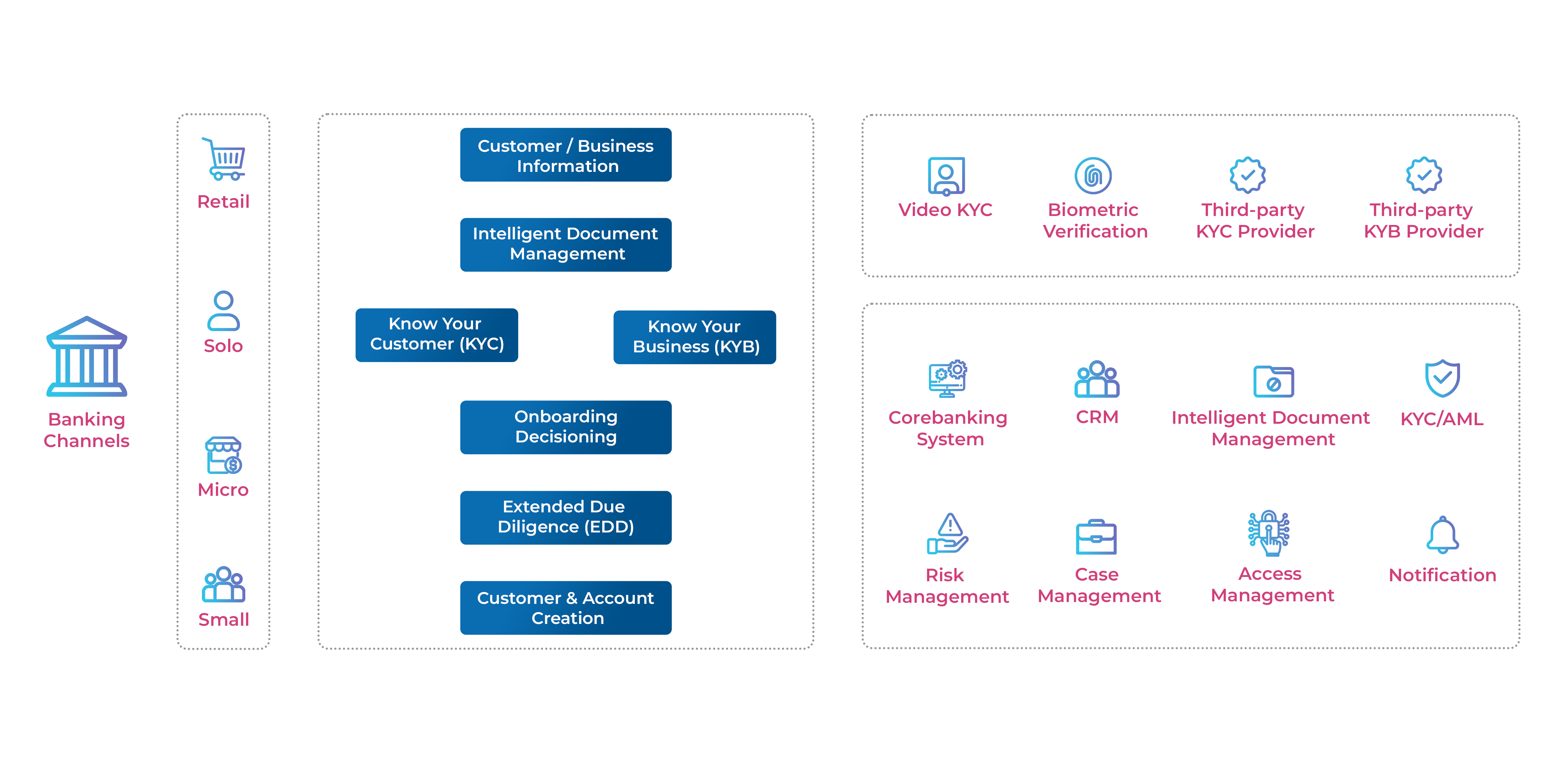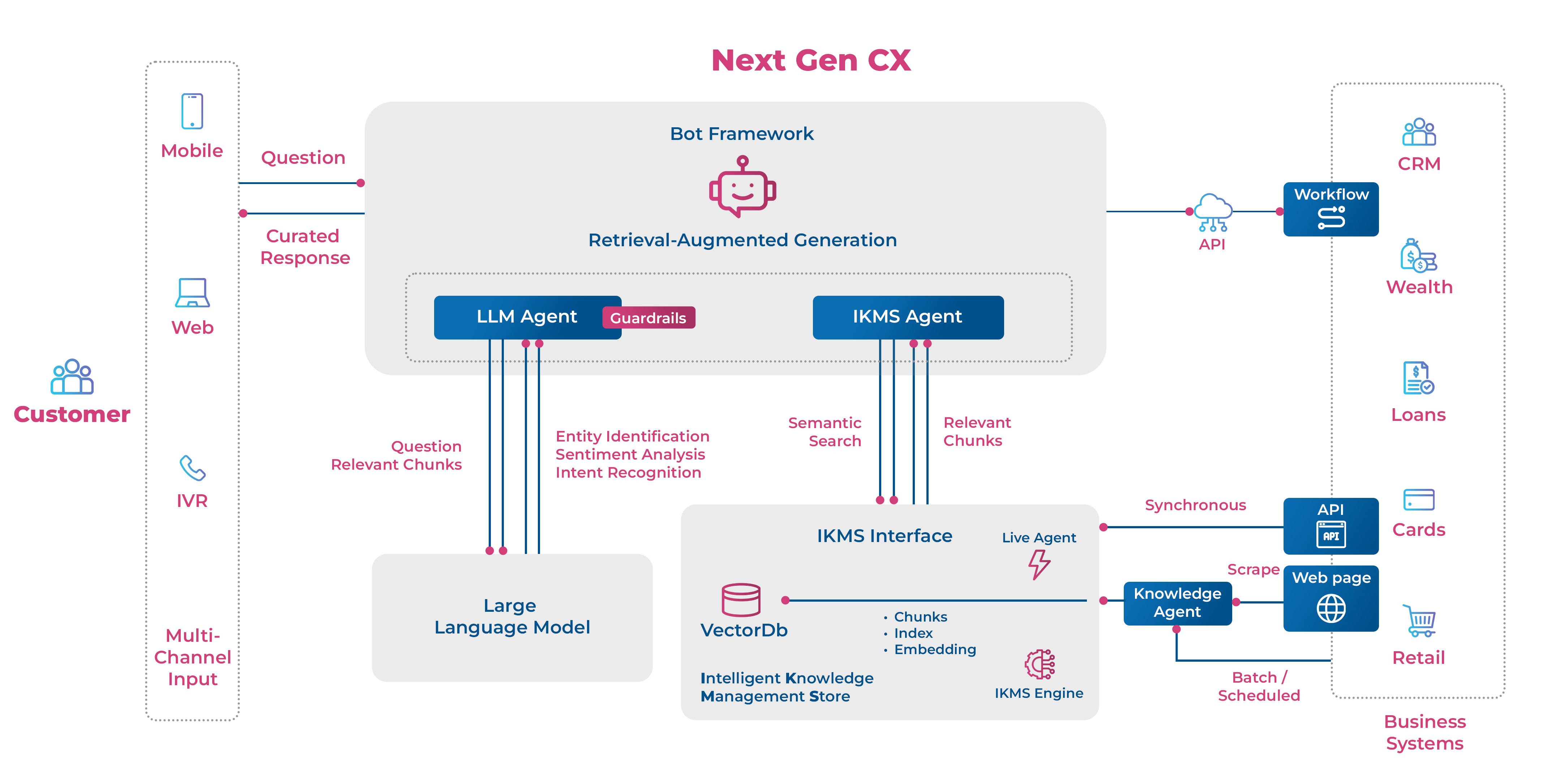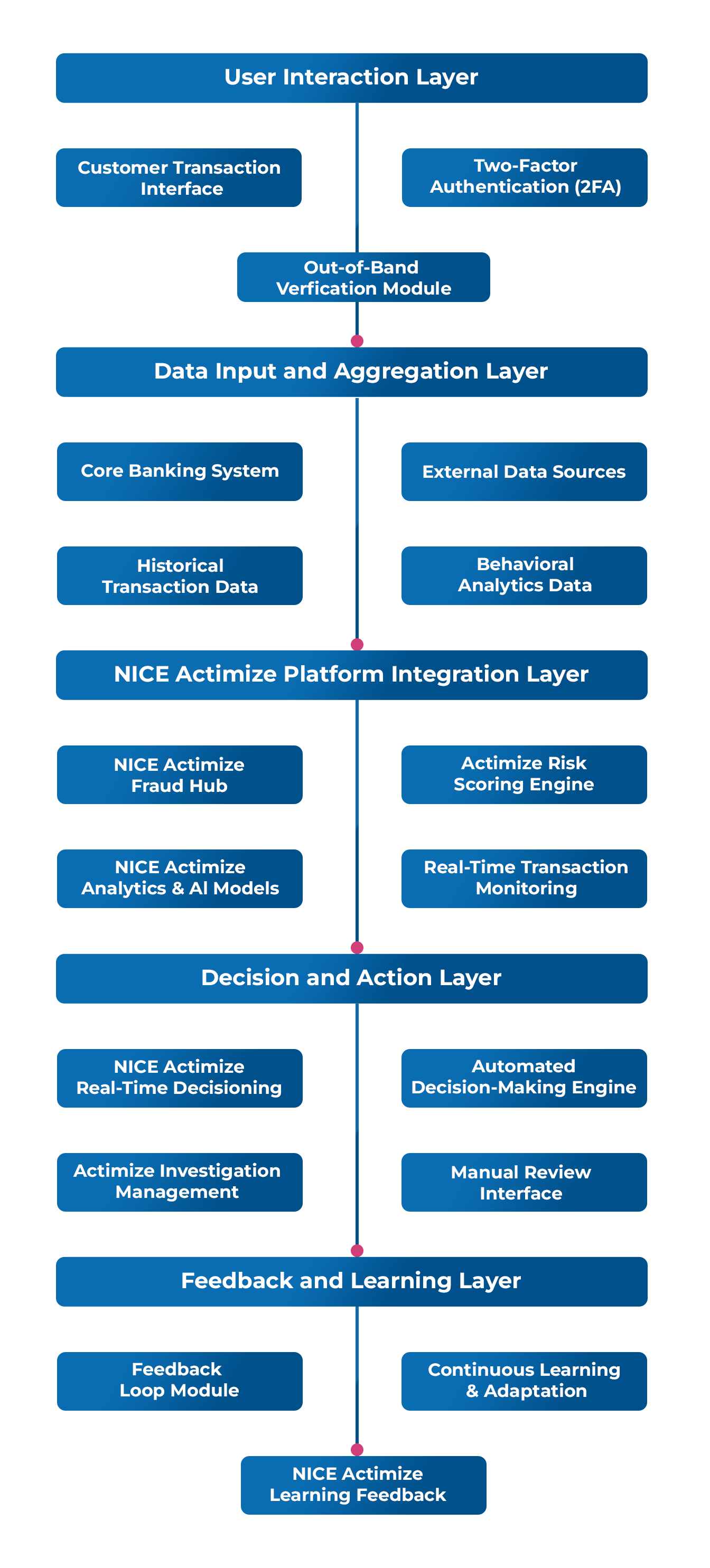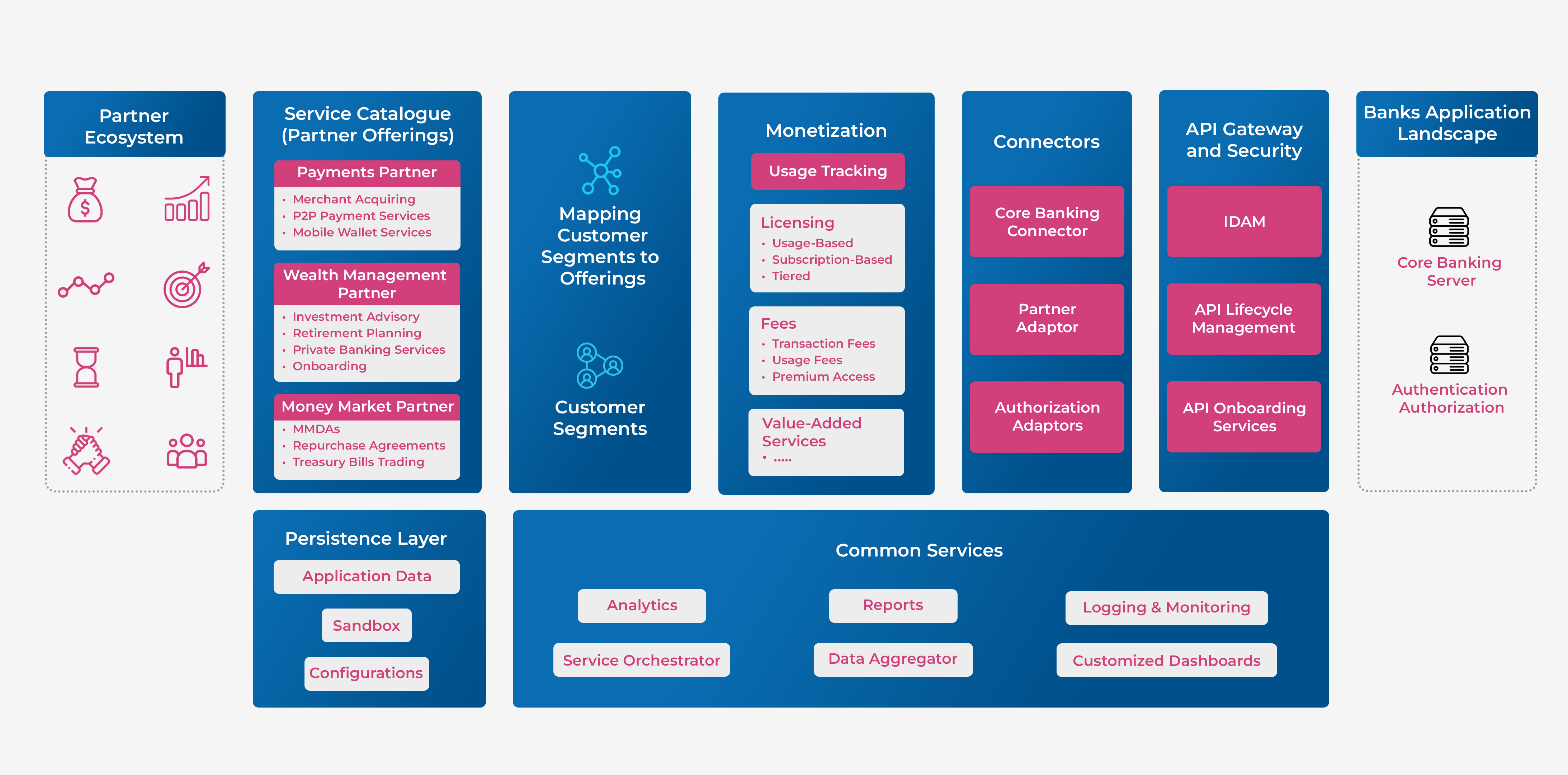Profitability Pressures
The average global operating profit margin of Wealth Managers fell by 11.6% between 2020 & 2022. Wealth Management (WM) firms have been feeling the pressure of rising cost of operations, with personnel cost estimated to be a major factor. The pre-tax profit margins of WM firms declined by a little more than 12% between 2020 & 2022. This is in addition to revenue pressures due to contraction in Assets Under Management (AUM) due to macro-economic factors, fee income being impacted by increasing shift to passive investments, especially in the US geography, & competition from fintechs.

A technology transformation initiative with strategic objectives focused on leveraging technology to simplify operations, increase efficiency & reduce costs would be needed to address this.
Process Automation
With the goal of operational cost reduction and profitability improvement, tools for focused point-automation could contribute to larger operational transformation. Some examples of point-automation opportunities are:
1) Robotic Process Automation (RPA):
RPA has emerged as a key option for automation of voluminous manual processes like customer onboarding.

Customer onboarding has been a time-consuming and highly manual process in the Banking industry in general, given the large number of documents to be handled and KYC requirements to be complied with. This has gained focus in the wealth management business too, with businesses expanding to cover the affluent segment customers, increasing the number of customers. OCR is the main technology used for data capture from the physical forms and feeding into the systems. This had a handicap of being able to process only structured data and low success rate in processing handwritten data. Customer onboarding typically involves forms hand filled by the customer & investment manager’s front office staff. This also involves handling a lot of unstructured data in terms of different formats, different kinds of documents depending on the client segment, region, etc.
Improvements in OCR cameras and AI capabilities in terms of Natural Language Processing (NLP) & Machine Learning (ML) have now made it possible to automate customer onboarding to a large extent. Business rules can be defined to handle exceptions in terms of missing documents, information etc. This also comes in handy for audit & due diligence requirements during mergers, etc.
Another use case for RPA based automation is the extraction of data from physical financial statements, market reports etc. for financial analysis, which again has the potential to reduce manual effort & nimprove productivity.
2) Open API Architecture:
Investment managers often have access to a lot of ‘client permissible’ financial data from client systems, like portfolio performance & holding details with other investment managers, gains or losses from other investments or other sources of income, etc . to fine tune investment strategies, tax loss harvesting, etc. WM firms also integrate with external stakeholder systems like embedded service providers.
Adoption of an Open API based architecture helps automate these interfaces and automated processing of data & feeding to transaction systems.
Cognitive Technologies For Improving Productivity:
Predictive AI brings tremendous capability for deep personalization in identifying individual client preferences and tailoring the offerings.
Generative AI is increasingly being used for automating the administrative functions of financial planning – customer communication, market and investment analysis, etc. – for the advisor, helping free up time for improving quality of advice. A notable example of recent initiatives in this space is Tifin.AI, launched jointly by fintech Tifin & J P Morgan. The venture is an innovation platform that will enable fintechs to develop AI powered WM solutions for portfolio insights to advisors, enabling alternative investments, and employee benefits wealth management, based on Tifin.AI’s conversational AI framework.

Some examples AI enabled automation are:
1) Advisor Marketing & Communication:
Solutions based on generative AI software like Chat GPT help advisors deliver effective & highly personalized communications to their clients & prospects, relating to their portfolio and / or financial education. Some examples are:

2) Investment Assistance:
AI powered tools for market analysis & forecasting. Some of the solutions that have emerged in recent times in this space are:

3) AI Powered Robo Advisors:
Robo Advisors traditionally use algorithms to arrive at investment decisions based on a set of parameters like financial goals, risk tolerance etc., to select the right asset. AI enabled Robo Advisors use Machine Learning (ML) to create the best fit for the customer and automate use of customer financial data for tax loss harvesting, an enabler for offering Personal Indexing at scale.
With continuing evolution of digital & cognitive technologies, organisations need to continuously look out for opportunities to leverage them for improving operational efficiency.
Co-authored by Eswaran Swaminathan, and Venkatesh Padmanabhachari
Maveric’s thought leadership series – E.D.G.E (Experiences Delivered by Global Experts) – handpicks the game-changing technology ideas and pressing functional questions financial institutions must solve today.
These features – reports, whitepapers, podcasts, flyers, blogs, and infographics – are for Banking leaders and Technology evangelists to apply profound trends, the latest opinions, and transformational analyses to boost the performance of their organizations.
About Maveric Systems
Established in 2000, Maveric Systems is a niche, domain-led, BankTech specialist, transforming retail, corporate, and wealth management digital ecosystems. Our 2600+ specialists use proven solutions and frameworks to address formidable CXO challenges across regulatory compliance, customer experience, wealth management and CloudDevSecOps.
Our services and competencies across data, digital, core banking and quality engineering helps global and regional banking leaders as well as Fintechs solve next-gen business challenges through emerging technology. Our global presence spans across 3 continents with regional delivery capabilities in Amsterdam, Bengaluru, Chennai, Dallas, Dubai, London, New Jersey, Pune, Riyadh, Singapore and Warsaw. Our inherent banking domain expertise, a customer-intimacy-led delivery model, and differentiated talent with layered competency – deep domain and tech leadership, supported by a culture of ownership, energy, and commitment to customer success, make us the technology partner of choice for our customers





